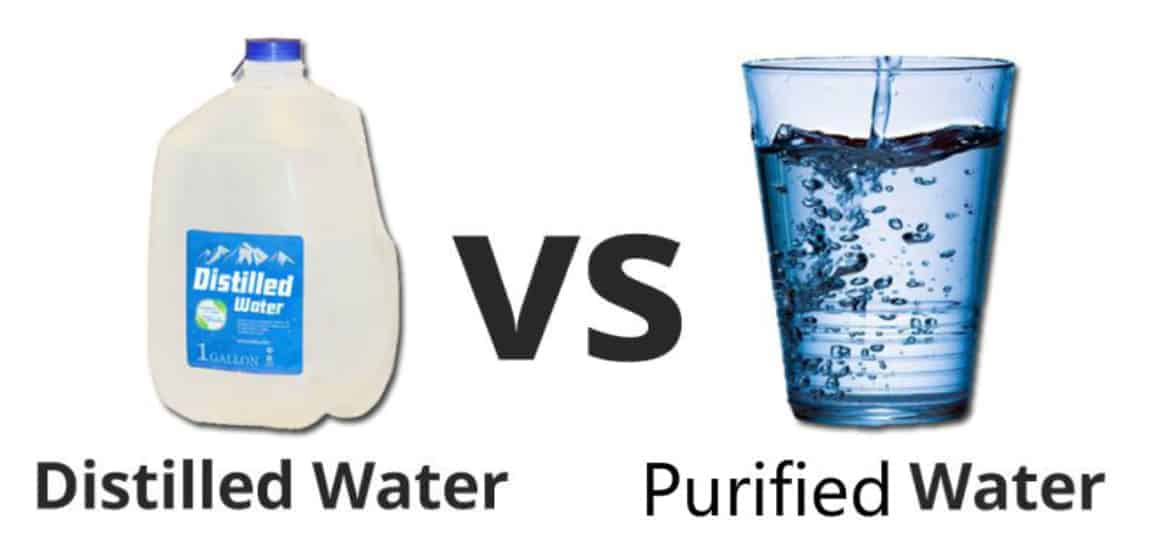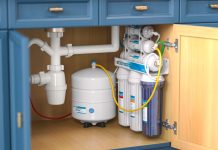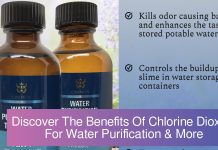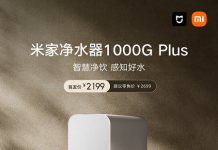The Differences: Is Purified Water Identical to Distilled Water?
In the world of water purification, the distinctions between various types of treated water can be confusing. In this comprehensive guide, we unravel the mysteries surrounding purified water and distilled water, helping you make informed choices about the water you consume and use in your daily life.
What Is Purified Water?
Demystifying Purified Water: What You Need to Know
Purified water is the result of advanced filtration and purification processes designed to remove impurities, contaminants, and minerals from the water. Common purification methods include:
Filtration:
Utilizing various filters to remove particles, sediments, and microorganisms.
Reverse Osmosis:
Employing a semipermeable membrane to eliminate dissolved solids and impurities.
Distillation:
Distinct from distilled water, this process heats water to produce steam, leaving impurities behind.
Purified water serves a multitude of purposes, from drinking to industrial applications, and its quality can vary based on the purification method used.

What Is Distilled Water?
Unveiling Distilled Water: Purity Through Condensation
Distilled water, on the other hand, undergoes a unique process called distillation. Here’s how it works:
Boiling:
Water is heated to create steam.
Condensation:
Steam is condensed back into liquid form.
Impurity Separation:
The process leaves impurities, minerals, and contaminants behind.
Key Differences
Deciphering the Distinctions: Purified Water vs. Distilled Water
While both purified and distilled waters undergo treatments to enhance quality, significant differences set them apart:
Purified Water:
Purification Methods:
Purified water can be obtained through various methods, including filtration and reverse osmosis.
Impurity Levels:
It may contain trace minerals and impurities, depending on the purification process.
Versatility:
Purified water is suitable for general consumption, cooking, and most household uses.
Distilled Water:
Purification Process:
Distilled water is created through the meticulous distillation process, resulting in high purity.
Impurity Levels:
It is almost entirely free of minerals and impurities.
Specialized Uses:
Distilled water is often preferred in industries requiring ultrapure water, such as laboratories and medical settings.
Similarities
Common Ground: What Purified and Distilled Water Share
While the differences are notable, purified and distilled water also share commonalities:
Impurity Removal:
Both types undergo processes to remove impurities and contaminants.
Safety:
Both purified and distilled water are generally safe for consumption.
Versatility:
They can be used for various purposes, from drinking to household tasks.
Which Is Better for Drinking?
The Drinking Dilemma: Purified Water or Distilled Water?
When it comes to selecting water for drinking, both options are generally safe. However, the choice depends on personal preferences and intended uses:
Purified Water:
Taste:
Some prefer the taste of purified water, which may retain a subtle mineral flavor.
Minerals:
It may contain trace minerals, which some people find desirable.
Versatility:
Suitable for drinking and cooking in most households.
Distilled Water:
Purity:
Highly pure with no minerals or contaminants, making it ideal for some medical and scientific applications.
Taste:
Some individuals find distilled water taste-neutral, while others prefer it for its purity.
Specialized Uses:
Often chosen for specific purposes, such as medical equipment and laboratory experiments.
Ultimately, the choice between purified and distilled water for drinking depends on your taste preferences and specific needs.
Practical Uses of Each Type
Water for Every Occasion: Practical Applications of Purified and Distilled Water
Understanding the practical uses of both purified and distilled water can guide you in selecting the right type for various situations:
Purified Water:
Drinking:
Suitable for everyday consumption, providing clean and safe hydration.
Cooking:
Ideal for cooking, as it doesn’t affect the taste of dishes.
Household:
Used for tasks like filling humidifiers and aquariums, watering plants, and more.
Distilled Water:
Medical and Laboratory Settings:
Preferred for medical equipment, chemical experiments, and pharmaceutical preparations due to its high purity.
Irons and Appliances:
Recommended for steam irons and certain household appliances to prevent mineral buildup.
Automotive Batteries:
Used to top up car batteries to avoid impurities.
Recognizing the specific applications where each type excels ensures you make the most of their unique qualities.
Frequently Asked Questions (FAQs) About Purified Water and Distilled Water
1. Is purified water the same as distilled water?
No, they are not the same. Purified water goes through various filtration methods to remove impurities, while distilled water is produced through distillation, resulting in higher purity.
2. Can I drink purified water?
Yes, purified water is safe for drinking and is commonly used for hydration and cooking.
3. Is distilled water safe to consume?
Distilled water is safe to drink, but some find its taste neutral. It’s often used for specialized purposes like medical equipment and laboratory experiments.
4. What are the key differences between purified and distilled water?
– Purified water may retain some minerals and undergo various purification methods. Distilled water is nearly mineral-free and is produced through the distillation process.
5. Does purified water have minerals?
Purified water may contain trace minerals, depending on the purification method used.
6. Can I use purified water in my steam iron?
Yes, purified water is suitable for use in steam irons and household appliances.
7. Is distilled water better for battery maintenance?
Yes, distilled water is often used to top up car batteries and prevent mineral buildup.
8. Which type of water is best for medical equipment?
Distilled water is preferred for medical equipment due to its high purity.
9. Can I use purified water for my aquarium?
Yes, purified water is suitable for filling aquariums and providing clean water for fish.
10. Is it safe to use distilled water in cooking?
While it’s safe, some may find the taste of distilled water neutral. Purified water is often preferred for cooking.
Conclusion:
In the journey to uncover whether purified water is the same as distilled water, we’ve explored the nuances and distinctions between these two treated waters. While both serve valuable purposes in our lives, their uses, purity levels, and characteristics differ significantly. Whether you choose purified or distilled water, knowing the differences empowers you to make informed decisions about the water you consume and use in various aspects of your life.




